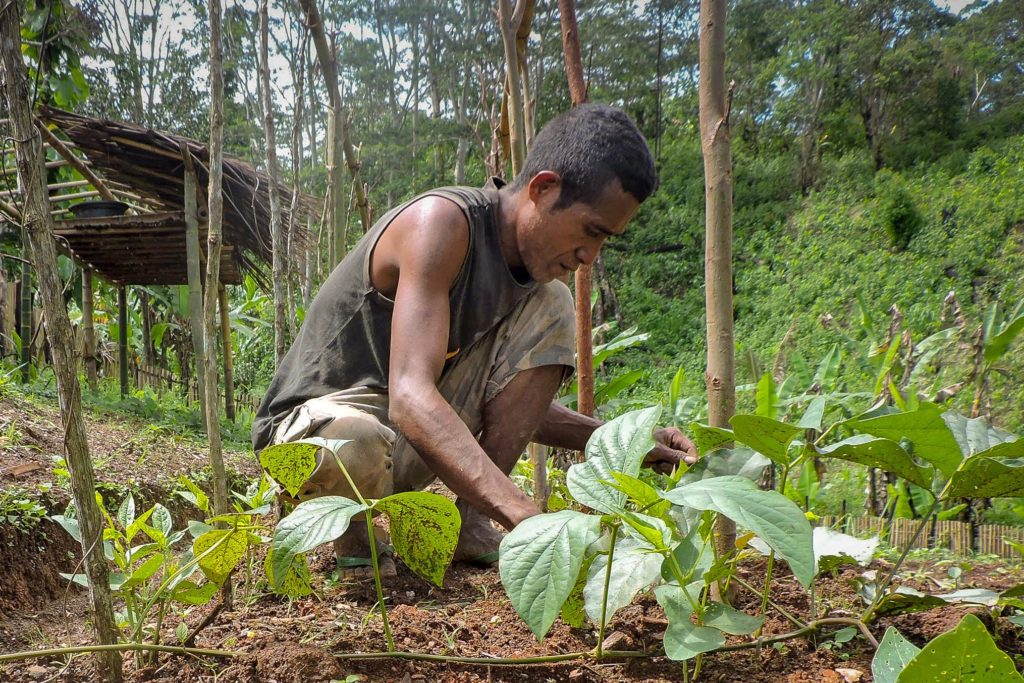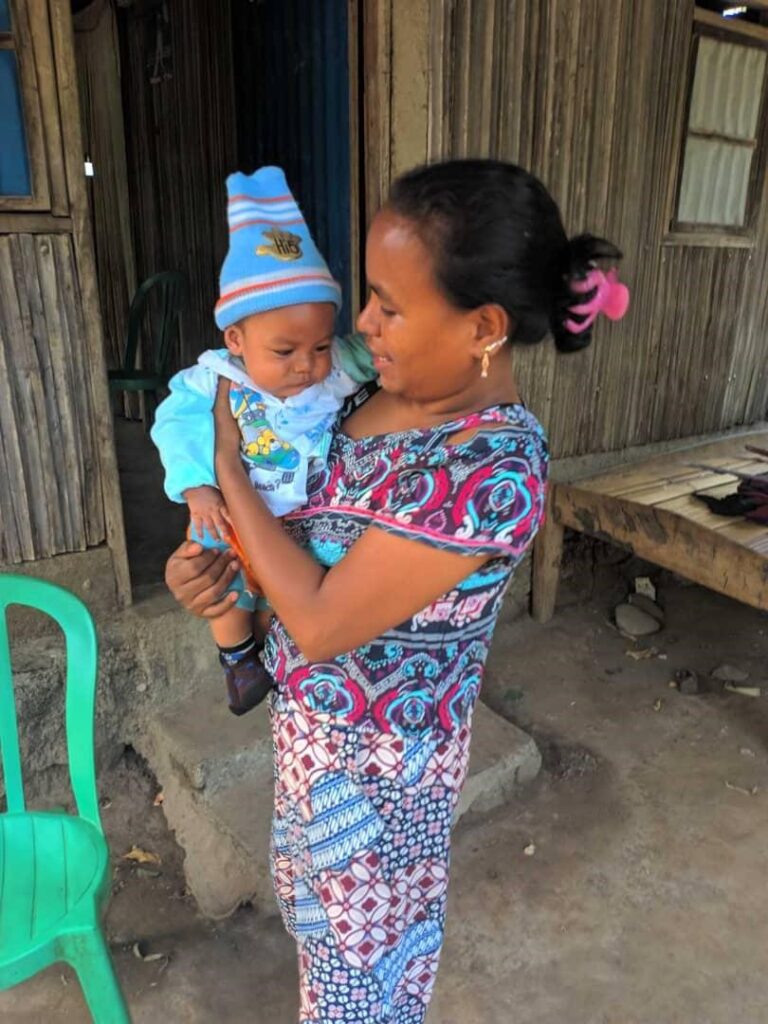Timor-Leste Liquica
$0 needed of $0

Implementing Organization
Church World Service (CWS)
Program Summary
Timor-Leste has one of the highest rates of malnutrition in the world, with 46% of children under five suffering from chronic malnutrition/stunting. Many subsistence households experience annual food shortages, largely due to poor agricultural productivity and insufficient outputs.
This program is working to improve child nutrition and the overall family food security of poor and vulnerable farmer families in the District of Liquica. The program includes the following activities:
- Training farmers and their households on nutritious food production, processing, and storage of maize;
- Training farmer groups in vegetable production and processing;
- Improved agricultural techniques;
- Access to irrigation resources
- Supporting farmer groups to market and add value to their products;
- Setting up and/or supporting cooking classes where women support women to learn about nutritious cooking and share menus and recipes as well as their experiences and challenges.
Adelaida's Story - Timor-Leste Liquica Program
Deolindo's Story - Timor-Leste Liquica Program
Evaristo's Story - Timor-Leste Liquica Program
Martinha's Story - Timor-Leste Liquiçá Program
Success Stories

Good Neighbors Are A Gift
Alfina’s involvement with this program has brought her an unexpected gift: better connections with her neighbors. She was initially interested in learning agricultural techniques that would help her and her husband, Agustinho, grow a wider variety of food. These include poultry-rearing techniques and studying the growing cycles of different crops and vegetables to permit a steadier flow of produce. But participating in training sessions with neighbors has deepened relationships and brought collaboration – neighbors helping neighbors. For example, when she had to pull back from work for the birth of her child, people offered to lend a hand.
The couple works hard to sustain their family’s livelihood with the income they earn from selling chickens, vegetables, fruit, and other produce such as sweet potatoes and cassava. From these earnings, they must cover all their household expenses, including the children’s education, school supplies and tuition fees. They’re impressed with how much more quickly they can bring their harvests to market when other participants pitch in. Naturally, they return the favor when they can, and the socializing is a pleasure as well.
Alfina and her family have been enthusiastic about participating in as many activities offered by the program as they can. She especially appreciates the cooking demonstrations on different dishes using the produce from her garden and the animals she raises. With five small children and an elderly mother to care for, understanding their dietary requirements helps her prepare nutritious meals for all. It’s a satisfaction to be able to use what her farm produces to ensure greater nutritional complexity for their growth and overall well-being.
Having abundant food at home means the family has to spend less at the market, which means more money in their pockets for other needs.
Timor-Leste Liquiçá Program
Led by Church World Service and Local Partner Fundasaun Sosial Naroman (FUSONA)
